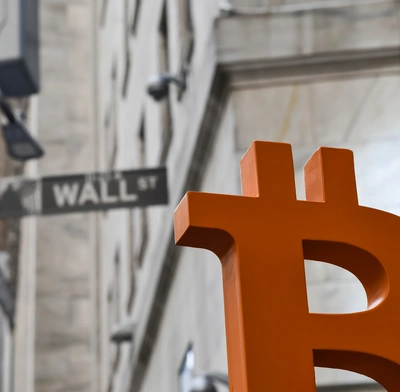JP Morgan Chase has agreed to use Bitcoin ETFs (exchange-traded funds) as a form of collateral in its lending to customers, according to a Bloomberg news report.

The move suggests the largest bank in the US may be adopting a more welcoming stance towards crypto, and the growing trend of institutional digital asset integration.
JPMorgan will begin accepting BlackRock’s iShares Bitcoin Trust (IBIT) as collateral in the next several weeks. IBIT, which currently holds $70 billion in net assets, according to information released by BlackRock, has become the largest US spot Bitcoin ETF and now accounts for more than half of the total $128.13 billion across all US spot Bitcoin funds.
“Right to smoke”
JP Morgan CEO Jamie Dimon, who had previously taken an agnostic approach towards Bitcoin, agreed in May to allow clients to buy Bitcoin directly, while publicly expressing doubts about its viability as an asset.
“I don’t think you should smoke, but I defend your right to smoke,” Dimon said at the firm’s investor day in May. “I defend your right to buy Bitcoin.”
JPMorgan’s decision to accept Bitcoin as collateral would mark a significant development as traditional finance has become more responsive to client acceptance and investments in digital assets. The company has not published a statement on the Bloomberg report.
Other tradfi institutions are also leaning towards digital assets. Standard Chartered launched a new crypto trading service with FalconX, while Morgan Stanley is working to bring crypto to its famous E*Trade platform. Among the asset managers, BlackRock is another advocate, recommending digital currencies as a small percentage of a diversified portfolio.
Mainstream traction
Through the launch of this new policy, JP Morgan is positioning itself to better serve a growing number of institutional and private clients interested in digital assets, while remaining within its comfort zone as a traditional bank.
As crypto continues to gain mainstream traction, this move by such a significant global player may serve as impetus for other major banks to follow suit, accelerating the broader integration of digital assets into the financial system.







